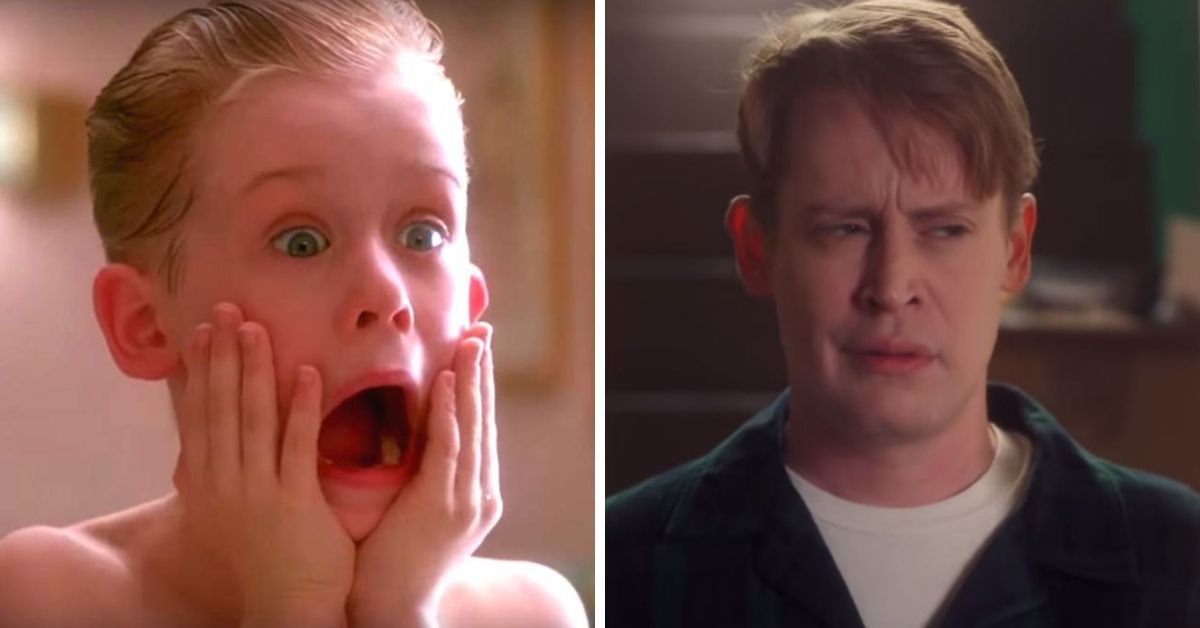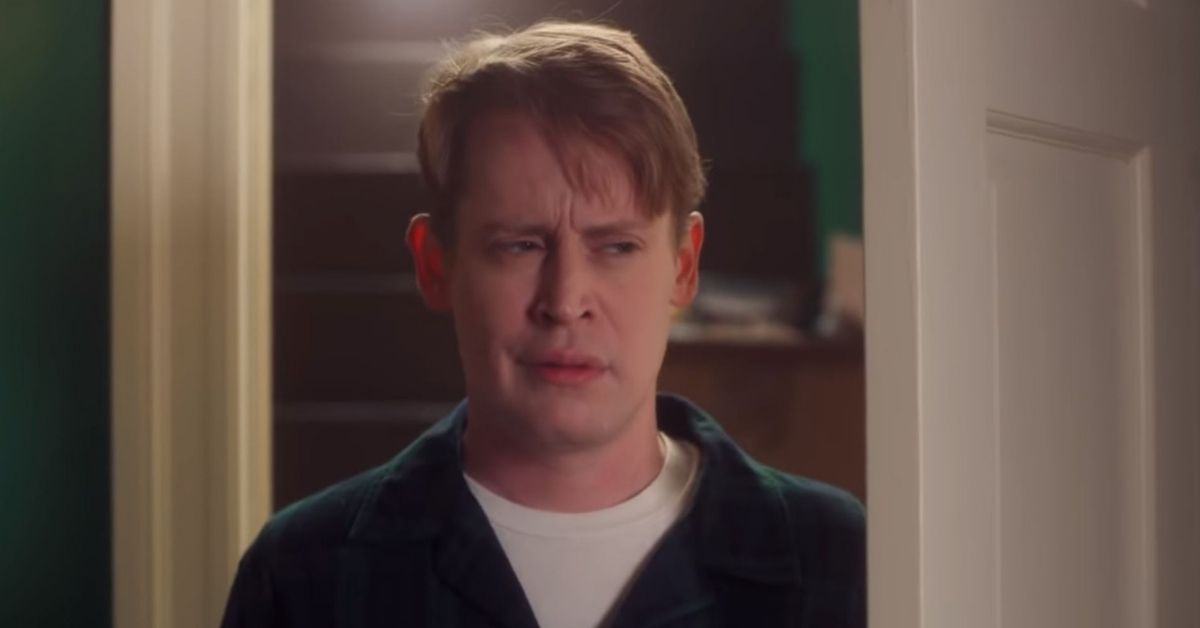
Eric Idle Opens Up About The Bittersweet Success Of The Song He Wrote As A Joke
Monty Python is one of those things that we've all watched. Whether it was the movies or the TV show, we've all seen at least one skit that the iconic comedians have done.
Their show, Monty Python's Flying Circus introduced us to all the comedians who would go on to become part of each and every one of our childhoods.
Graham Chapman, John Cleese, Terry Gilliam, Terry Jones, Michael Palin, and of course, Eric Idle, were hilariously outrageous in their sketches, creating hilarious moments unlike anything else we had all seen.
While a lot of us were too young to understand the jokes (or maybe weren't even born yet) we all grew up with the show as a background to our life. Or, if the show wasn't available to you in reruns, chances are you spent a lot of time watching one of their classic movies like Monty Python and the Holy Grail, Life of Brian, or The Meaning of Life.
I know that I was shown Holy Grail when I was pretty young, and I've been quoting it ever since. Monty Python is just one of those things that never goes out of style.
Idle was one of the original Pythons, and his performances were always top notch. But without a doubt he is most known for his song "Always Look On The Bright Side Of Life" that plays at the end of Life of Brian.
You know the one, I know you do, chances are the whistling tune will be stuck in your head all day. I won't apologize though, it's a great song and a great message, but its success was completely unexpected to Idle.
He's written a new book that he's called Always Look on the Bright Side of Life: A Sortabiography, and an excerpt of the book was released as a preview where he talks about the iconic song.
"As far as I was concerned, 'Bright Side' was just the end song of a movie, but now it began to take on a life of its own," Idle wrote.
He revealed that the song has actually become "the number one most requested song at British funerals, replacing Frank Sinatra's 'My Way.'"
The way the song became a funeral hit is bittersweet for the comedian.

"It began at Graham’s [Chapman, fellow Python member] memorial. I was asked to sing it to close the event, as it was Graham’s favorite song, and it was one of the hardest things I have ever had to do. I was still singing it to Graham, but now for the final time."
He sang the song at the funeral, but it was a challenge to get through.
"It was particularly hard to get through, and I almost lost it. It was even harder because, thanks to John Cleese, the memorial had become a roast. He brilliantly broke the somber mood and turned solemn grief into relieving laughter with an outrageous parody of their “Dead Parrot” sketch."
He thought that would be the last time anyone would discuss the song, but he quickly learned that it had become popular at football matches.
"That really should have been it for the song, except that it wasn’t. Bizarrely, it was about to become a popular hit. I had become friendly with a neighbor, Gary Lineker, a brilliant footballer, the captain of England and Spurs and now the presenter of BBC’s Match of the Day.
One day in 1991, Gary said to me, 'You know they’re singing your song on the terraces.' Apparently, football fans had taken to singing it when their sides were losing helplessly."
The song ended up rocketing up the charts, much to the surprise of Idle, but we all know it's because it's a great and silly song.
If you want to purchase the Python's new book to learn even more behind-the-scenes secrets, you can get it here.
Source - Vulture / Always Look on the Bright Side of Life: A Sortabiography / Rolling Stone
Who else remembers this song?
Just so you know, Throwbacks may collect a share of sales or other compensation from some of the links on this page. However, we only choose products we would or have purchased ourselves.






